Ohio Gov. John Kasich brings the Republican field to 16
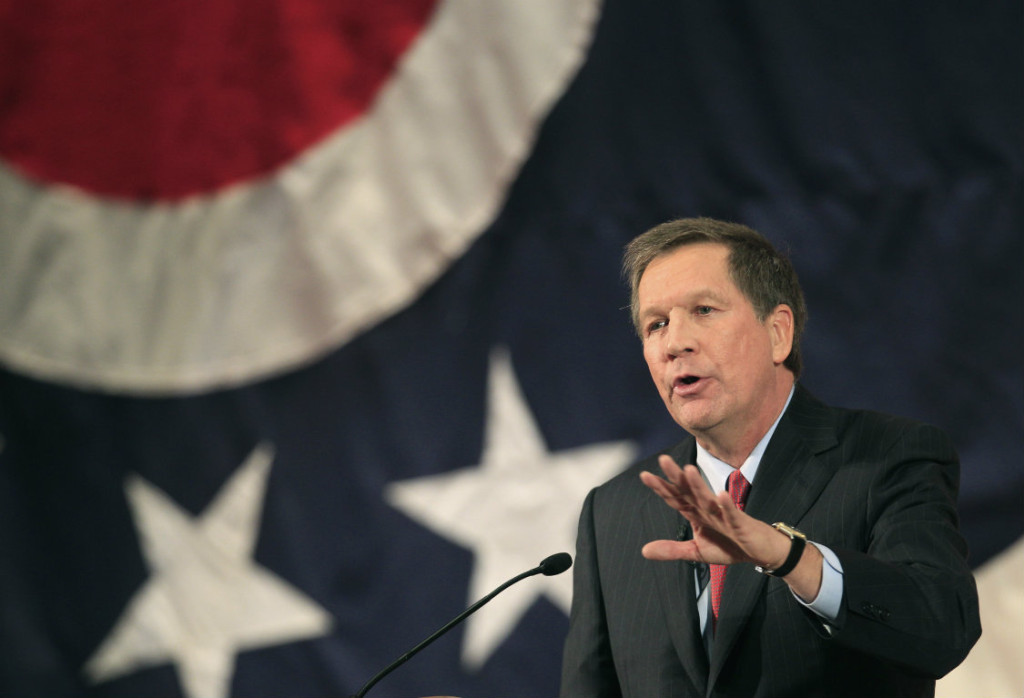
Saying “big ideas change the world,” Ohio Gov. John Kasich declared his candidacy for the Republican nomination Tuesday. Kasich, 63, launched his campaign at Ohio State University before a crowd of 2,000. The event marked the entry of a strong-willed and sometimes abrasive governor into a nomination race that now has 16 notable Republicans. “I am here to ask you for your prayers, for your support, for your efforts because I have decided to run for president,” Kasich said in a scattered 43-minute speech packed with family anecdotes, historical references and calls for national renewal. A veteran congressman as well as governor, Kasich told voters he is the only GOP candidate with experience in three broad areas of political leadership — the federal budget, national security and state government. He also spent nearly a decade at the Lehman Brothers financial services firm. “I have the experience and the testing,” he said, “the testing which shapes you and prepares you for the most important job in the world, and I believe I know how to work and help restore this great United States.” As budget chairman in the House, he became an architect of a deal in 1997 that balanced the federal budget. Now in his second term in swing-state Ohio, he’s helped erase a budget deficit projected at nearly $8 billion when he entered office, boost Ohio’s rainy-day fund to a historic high and seen private-sector employment rebound to its pre-recession level. Kasich worked toward his goals with budget cutting, privatization of parts of Ohio’s government and other, often business-style innovations. “We didn’t really have to slash things,” Kasich said of the budget squeeze. “We just had to use a 21st century formula.” Unions, which turned back an effort by Kasich and fellow Republicans to limit public workers’ collective bargaining rights, say Kasich’s successes have come at a cost to local governments and schools, and say new Ohio jobs lack the pay and benefits of the ones they replaced. As a marching band kept up a spritely cadence before Kasich spoke, scores of demonstrators gathered across the street to protest his cuts to the budget and to school districts specifically, as well as his closing of centers for people with development disabilities. “Unless you are part of the 1 percent, Kasich is not your friend,” said Melissa Svigelj, 42, an educator from suburban Cleveland. “.” Among his supporters, Margo Bishop, 77, of Gahanna, Ohio, said she values his candor: “I think he’s speaking out, and even if I don’t agree all the time, … at least he’s saying something.” Kasich embraces conservative ideals but bucks his party on occasion and disdains the Republican sport of bashing Democrat Hillary Rodham Clinton. Visiting the early voting state of New Hampshire on Tuesday following his announcement, Kasich said his political career has taught him that the two parties must work together to get things done. “I realized that purpose was more important than party,” Kasich said. “In my political career my whole vision is: How do we make changes and improve things for the people that we serve?” His entry nearly rounds out an unusually diverse Republican lineup with two Hispanics, an African-American, one woman and several younger candidates alongside older white men. So many are running that it’s unclear Kasich will qualify for the GOP’s first debate in his home state in just two weeks, when only the top 10 candidates in national polling will be on stage. Kasich’s post-announcement trip to New Hampshire runs through Thursday, and he’ll take questions from voters at five town hall-style events. Tuesday evening, Kasich said his record shows he knows how to make change rather than just talk about it. “I know how it works, I know how you turn the dials,” he said. “I know how you get in there and build a team of people who can change this country.” Kasich’s allies at the political organization New Day for America reported raising $11.5 million on his behalf before his entry into the race. Republished with permission of The Associated Press.
Armed volunteers guarding Dothan military recruiting offices
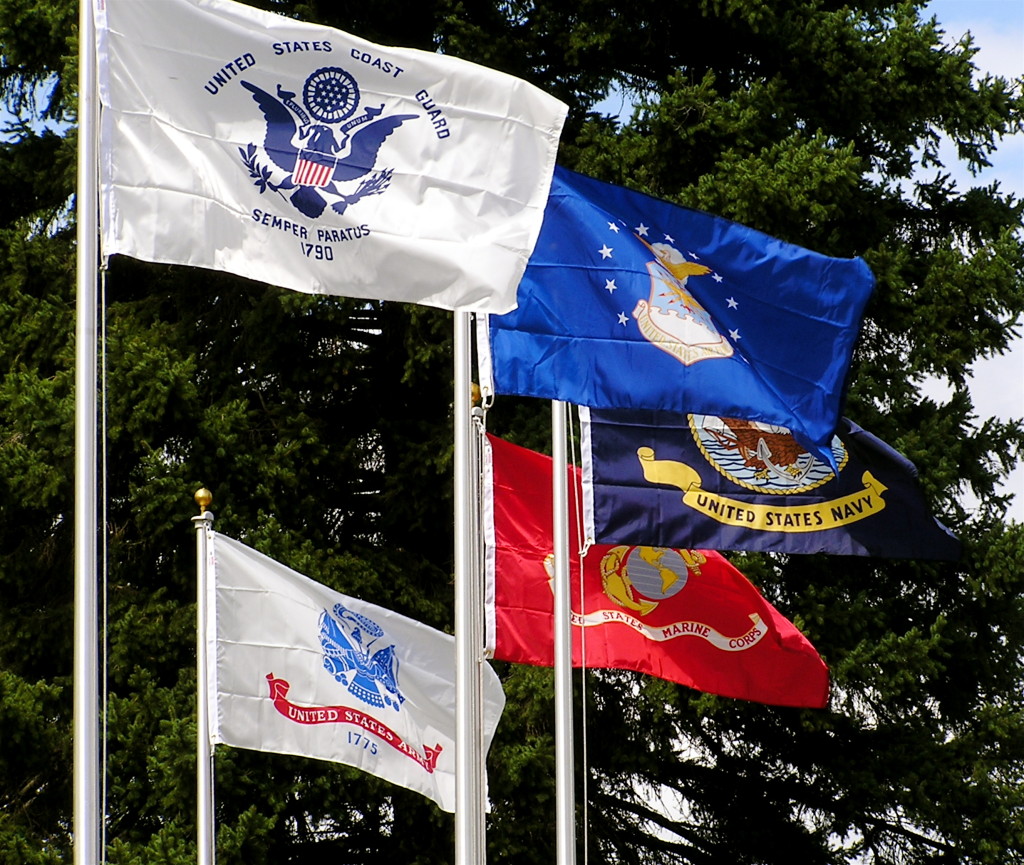
A group of armed volunteers have started standing guard outside military recruiters’ offices in Dothan. The Dothan Eagle reports that the volunteers are guarding the offices after five servicemen were killed last week in attacks on military facilities in Chattanooga, Tennessee. Bob Mann, a spokesman for the Dothan group, says the group wants to provide protection for local recruiters, who Mann says could be in danger. Department of Defense regulations prohibit recruiters and other military personnel from being armed. Shawn Peterman, another member of the group, says he and fellow members intend to guard the offices until regulations change to allow the recruiters to carry firearms or otherwise increase security there. Mann says in the event of an emergency, his group’s first response will be to contact Dothan police. Republished with permission of The Associated Press.
Barack Obama, Robert Bentley finally lower flags
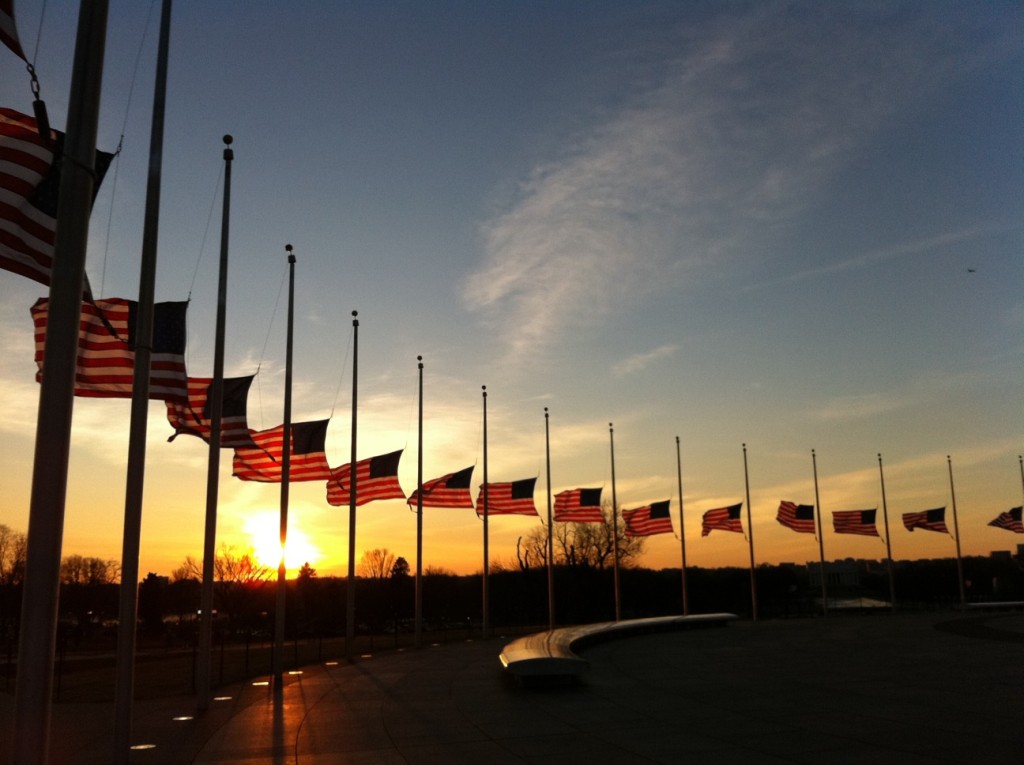
Earlier Tuesday, Alabama Today reported State Auditor Jim Zeigler‘s call to Gov. Robert Bentley to lower the flag over the Alabama state capitol to fly at half-staff and join flags across the country in honoring the victims of the terrorist attack at two military centers in Chattanooga last Thursday. At 1:00 p.m. CT, Bentley posted on Facebook that he had just ordered the flags to be lowered. Bentley’s Facebook post came just 30 minutes after President Barack Obama ordered flags at the White House and other public buildings to fly at half-staff after mounting criticism over the delay in honoring five armed forces members killed last week by a gunman. Alabama Today asked the governor’s office whether his actions were before, or in response to, the president’s, it responded, “The governor ordered the flags to be displayed at half-staff today in compliance with the proclamation issued by the president.”
Ashton Kutcher weighs in on NYC Uber fight, Alabama at relative standstill
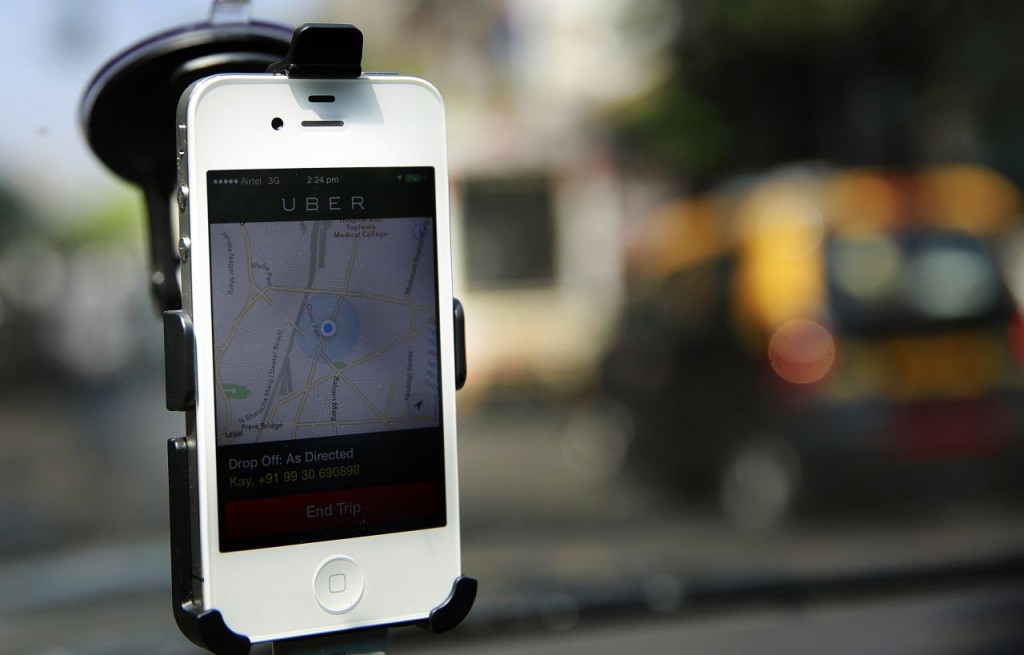
In a FaceBook post Monday night Ashton Kutcher, who is an investor in Uber and other technology, weighed in on New York Mayor Bill de Blasio‘s proposed regulations to limit the ride sharing service in New York City. Kutcher doesn’t mince words when he says de Blasio is “trying to regulate a problem without providing a single solution other than putting a target on a companies back so he can keep getting political funding from another. This is the kind of corrupt shortsighted politics that is destroying innovation.” In an op-ed that ran in the New York Daily News Sunday the mayor said: Our responsibilities as public servants are clear: We’re here to keep people safe, make sure workers and consumers are treated fairly, and keep this city growing and competitive. And right now, like cities across the country and around the world, we’re working to do all those things in an industry that’s changing fast: the for-hire vehicle sector being reshaped by fast-growing companies like Uber. More than 2,000 new for-hire vehicles are being added to our streets every month, overwhelming the most congested parts of Manhattan. For perspective, that means we’re facing the addition of over 25,000 cars to our streets over the next year — the rough equivalent of two times the total number of yellow taxis in all of New York City. While most businesses recognize the role of the city to set basic standards and look out for the broader public interest, Uber — a $40 billion corporation — is out with multi-million dollar ads trying to convince New Yorkers that it doesn’t need more oversight. The number of for-hire vehicles is soaring. This isn’t just a New York City issue. In Uber’s home state of California, a court just recommended that the company be suspended and fined $7.3 million for failing to share data with the state, as required by law, to ensure they are not discriminating against passengers. London is looking at capping or slowing the increase in new for-hire services to address the growing crush of traffic on its streets. Massachusetts has moved to raise standards for Uber’s workers. And Uber has tangled with regulators in jurisdictions across the country over basic insurance requirements to keep drivers and passengers protected. When you consider what’s at stake — from ensuring workers can make a decent living, to managing the surge of more than 2,000 new cars on our streets every month, to protecting consumers from overcharges, to making sure we have more accessible vehicles for New Yorkers with disabilities — it’s our responsibility to act. New York City’s for-hire vehicles have been regulated lightly compared to other sectors for decades because they were a relatively small part of our transportation system. That’s all changed. The upside for riders has been more options when someone needs a ride, and that’s a very positive thing. But there are a host of challenges that come with this, and now that Uber has gone from upstart innovator to operating more cars than anyone else, we have to make sure that the rules are fair for all New Yorkers. We want a data-driven approach, guided by detailed study, so we can develop a comprehensive, long-term strategy for a thriving, sustainable and innovative for-hire car market. And we support a short pause in the rapid increase of for-hire vehicles to make sure that the future growth of this industry lives up to the policies and principles we set out as a city. We’ll ensure that current service remains in place — and can even grow modestly — but our goal is to ensure that our streets aren’t flooded with tens of thousands more cars before we can stand up new rules to govern the marketplace. The principles that drive us are simple: Protect workers. This industry is evolving so rapidly, with the number of vehicles skyrocketing even as the pool of New Yorkers who can afford to pay $10 or $20 to take a car trip is far more limited. There’s a point at which more and more drivers will find themselves fighting over the same group of riders — something we see already with 72% of pick-ups made by high-growth companies like Uber taking place in the heavily congested Manhattan core. According to Business Insider Uber responded with: When your proposal to cap Uber was introduced, your administration said it was about congestion. The op-ed you wrote in the New York Daily News this weekend was about everything but congestion. If you have new concerns, we want to discuss them, face-to-face, and invite you to do so in a live-streamed conversation so all New Yorkers can watch. As cities in Alabama (with the exception of Mobile) continue to fight Uber and the Legislature continues to remain deadlocked in getting a bill passed I can’t help but wonder if they realize they too are taking part in the same “kind of corrupt shortsighted politics that is destroying innovation,” that Kutcher is talking about.
Anti-beverage tax group aims to take fizz from proposed “soda tax”
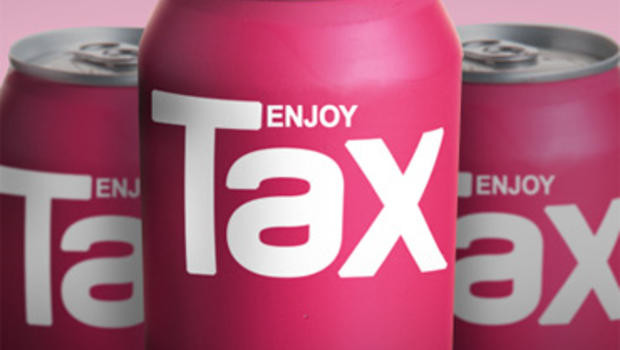
A group of pro-taxpayer and industry advocates have teamed up to launch an advocacy group called “Stop the Alabama Beverage Tax” as the specter of a new New York City-style tax on sodas and other drinks has emerged in Montgomery, according to an announcement Tuesday. The coalition says it will band together in the face of the new proposal to increase state revenue by taxing beverages because the new tax would hurt poor and working families disproportionately and hamper Alabama’s competitive status among its low-tax neighbors. “A soda tax will cost jobs, hurt our small businesses and raise grocery bills at a time when Alabama families are still recovering from a struggling economy,” said Virginia Banister, executive director of the Alabama Beverage Association and member of the new anti-tax group, in a prepared statement. Banister, who says she along with her allies intend to make their case to lawmakers “loud and clear,” added that as the economy slowly begins to recover in the Yellowhammer State and across the nation, “there couldn’t be a worse time to risk jobs and force taxpayers to pay higher prices at the grocery store.” Despite launching only this week, the campaign has already picked up a powerful ally: House Speaker Mike Hubbard, who intends to lead the charge against the soda tax plan favored by Gov. Robert Bentley and some Republicans in the Senate. Hubbard says he opposes the proposal on principle. “Rather than just picking out and say we’ll do this because it can generate this amount of money … [a soda tax is] the wrong way to look at tax policy,” Hubbard said Tuesday. “I don’t like picking winners and losers I don’t think that’s what we need to be doing.” As the state Legislature convenes for a Special Session to finalize a budget hampered by a looming deficit — recently ameliorated by a state settlement with petroleum giant BP over the 2011 Deepwater Horizon oil spill — and an earlier veto by Bentley, the group says it expects “thousands of people and businesses” to join them in their cause.
Flags lowered across nation to honor servicemen, not in Alabama
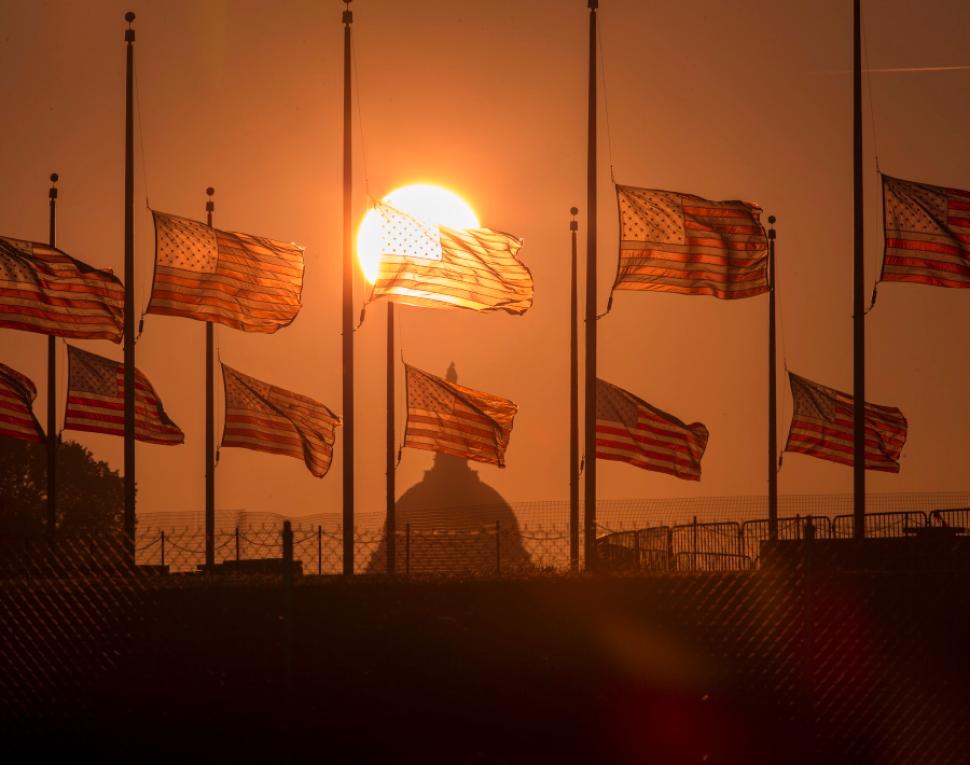
Flags have been lowered to fly at half-staff at the U.S. Capitol, in Florida and in other states to honor the victims of the terrorist attack at two military centers in Chattanooga last Thursday. Four marines and a sailor lost their lives, prompting calls to arm the military and national guard at their offices. State Auditor Jim Zeigler has called upon the Gov. Robert Bentley to lower the flags in Alabama as well. He posted a Facebook status which read: Flags in Alabama not lowered to half staff in honor of slain military personnel in Chattanooga I have now requested that Gov. Robert Bentley lower our flags to half staff in honor of our military personnel murdered in Chattanooga. This step of honor has not been taken at this time. The protocol is that the President requests the Governor who directs the Director of Capitol Operations to lower the flags. Since this has not been done, I have requested both the Governor and the Director of Capitol operations to now lower our flags. New protocol for an old tradition. I do not agree that Alabama should be bound by the President’s lack of action in this regard. We are a sovereign state and own and control these flags. According to AL.Com Thomasville Mayor Sheldon Day has also requested the flags be lowered. Mayor day quoted in their story as saying, “I respectfully request Governor Robert Bentley to issue an executive order asking everyone in our state to lower their flags to half staff in tribute to the five fallen heroes who were killed this week while doing their duty and serving America.” Alabama Today has asked the governor’s office for comment and will update this story when more information becomes available.
New WaPo-ABC News poll shows persistent resistance from conservatives for Jeb Bush
Although the big headlines coming out of the Washington Post/ABC News poll released Monday afternoon were all about Donald Trump leading the rest of the GOP presidential field by double digits, it also indicates that Jeb Bush‘ month-long momentum may be ebbing slightly. Trump leads the field with 24 points in the national survey, Scott Walker is second with 13 percent, and Bush is third at 12 percent. Mike Huckabee is fourth in the race with 8 percent, Marco Rubio is fifth at 7 percent, Ben Carson and Rand Paul are at 6 percent, Ted Cruz and Rick Perry are at 3 percent, and John Kasich and Bobby Jindal are at 1 percent. An important caveat on the Trump rating. The poll was taken for four days last week: Thursday through Sunday. On Sunday, the day after Trump’s comment on John McCain not being a war hero went viral to a slew of negative commentary, his numbers slumped to single-digits. The poll also brings down Bush a notch. The former Florida governor has been polling strong the past month, in the weeks since his June 15 presidential candidacy announcement. In most national surveys for the past couple of weeks, he has been 1-2 with Trump. His drop to third place in this survey may indicate less a reduction in popularity for Bush than with the explanation that Walker is enjoying a bump after his official entrance into the race last week, with the poll taken just days later. Looking deeper into the poll, however, conveys some concern for Team Bush. He is still viewed skeptically by some Republicans. Twenty-two percent of Republicans say Bush’s views on most issues are too liberal for them. In comparison, only 17 percent of Republicans say Trump’s views are too liberal for them. And while a majority (62 percent) of Republicans polled say they definitely would not vote for Trump in the general election, an alarming 44 percent say they would not vote for Bush in the general election. The poll was taken before Bush’s Tallahassee speech Monday that had to warm the hearts of conservatives everywhere. Among the bullet points was a recommendation for swift and permanent cuts to federal agencies, specifically endorsing a “three out, one in” policy of replacing only every third federal employee who exits the government with the exception of “vital” areas such as national security. The Post-ABC News poll was conducted July 16-19 among a random national sample of 1,002 adults, including landline and cellphone respondents. Overall results have a margin of sampling error of plus or minus 3.5 percentage points.

